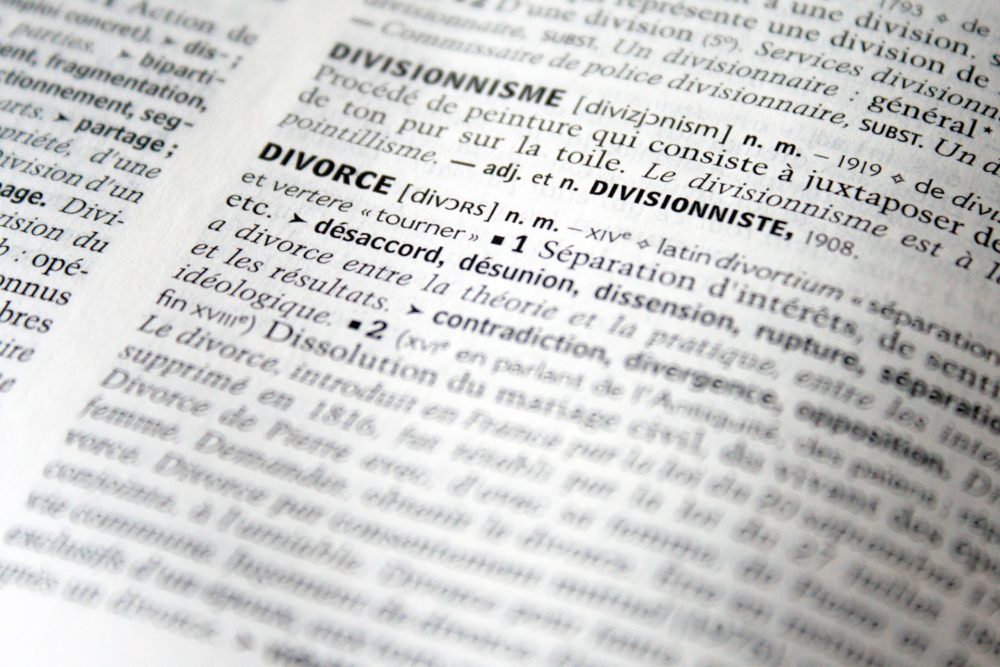The hardest part of any couple’s relationship is a divorce. Nobody predicts they will divorce their spouse, but when they do, they wish they had taken certain precautions to help protect their assets from equitable distribution. Contested divorces very often end in courts deciding what happens with their assets. Generally, both spouses will feel as though they were snubbed, so it is usually best to try and settle the terms of your divorce outside the courtroom setting, via mediation. However, if you are unable to do so for any reason, you most likely have several questions concerning the equitable distribution process. If you find yourself in this situation, here are some of the questions you may have:
What is the difference between marital and separate property?
Marital property includes assets accumulated during your marriage, such as your home. Separate property generally includes assets accumulated either before marriage or outside of your marriage, such as gifts or inheritance. Generally, marital property is subject to equitable distribution, while separate property is not.
How do courts determine who gets what assets in a divorce?
The courts will consider several things when divvying up your assets, including, but not limited to:
- The value of your property
- You and your spouse’s earning potential
- Debts and liabilities
- You and your spouse’s age
- Your property, as well as income
- Tax consequences
- You and your spouse’s health
- Your respective economic circumstances once your assets are divided
- The length of your marriage
- Property settlement agreements
- Your marital standard of living
- Whether you need a trust to help cover the cost of reasonably foreseeable medical or educational costs for a child
- Whether you or your spouse deferred career goals for the benefit of your marriage
How can I protect myself in a divorce?
Fortunately, there are means to protect your assets in the event of a divorce. For example, before you are married, you and your spouse may draft a prenuptial agreement together. A prenuptial agreement can establish the terms of your divorce, should one ever be necessary, and it seeks to avoid all potential conflicts regarding your assets. If you are already married, you may still draft a postnuptial agreement, which functions the same as a prenuptial agreement, though it is drafted after your marriage is official. If you and your spouse own a business together, you may also draft a shareholder agreement, which also seeks to eliminate any potential business disputes should you divorce.
Contact our experienced New York firm
Matters of divorce and family law should be navigated with the guidance of an experienced attorney. If you need strong legal representation regarding matters of divorce, family law, and estate law, contact the Law Offices of Susan A. Kassel, P.C. to schedule a consultation today.




